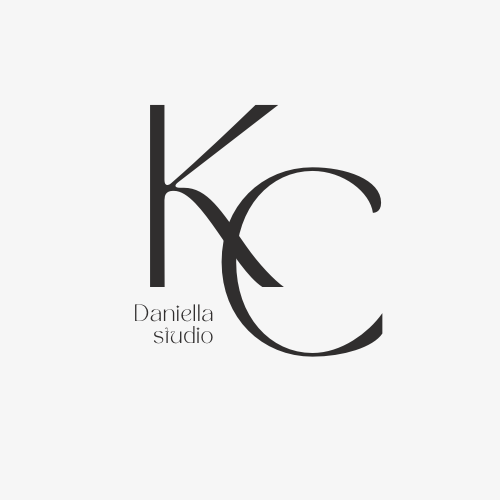I’ll be honest—when I first thought about selling my business, the idea of paying someone a chunky commission to “broker the deal” felt like tossing money into a black hole. I mean, I built the thing from scratch. Who could possibly know it better than me? Why would I hand over control of something so personal to a stranger in a suit?
But here’s what I learned the hard way: selling your business isn’t like selling a car. It’s more like selling a part of yourself… while juggling tax codes, buyer psychology, and a thousand details that can make or break your payday.
And that’s where a good business broker earns their keep.
The Hidden Chaos Behind “I’ll Just Sell It Myself”
Picture this: you’re running your business, dealing with employees, clients, and all the usual fires that pop up. Then, you add selling it on top of that. Suddenly, you’re answering calls from “interested buyers” who ghost after two emails. You’re digging through old tax returns, trying to package your numbers into something presentable. You’re guessing at valuation methods you found on YouTube at 2 a.m.
That was me, a few years back. I thought I’d save money by going solo. I figured, “How hard can it be?”
Turns out, it’s brutal.
Buyers can smell inexperience. They negotiate harder, delay responses, and push for terms that benefit them—not you. I spent months in limbo with one potential buyer who ended up using all my financials to negotiate a better deal on another company. That one still stings.
What a Business Broker Actually Does (That You Don’t See)
Here’s what I didn’t realize until later: brokers don’t just list your company and wait for buyers to call. A solid one acts like your combination strategist, therapist, and bulldog negotiator.
They:
-
Value your business accurately. No guessing, no wishful thinking—just real market data.
-
Market it confidentially. So your employees, customers, and competitors don’t panic.
-
Filter the tire kickers. You only talk to qualified buyers with cash or financing in hand.
-
Negotiate like a pro. You get to be the calm, collected owner while they handle the back-and-forth.
-
Coordinate due diligence. All the financial docs, leases, tax statements—they manage the chaos.
When you see how many hours they save you (and how much stress they absorb), that commission starts to feel more like an investment than an expense.
To find the best business brokers be sure to read reviews on websites like True Business Builders.
Let’s Talk ROI: The Numbers Don’t Lie
A lot of owners hesitate to hire a broker because of the cost. Most take around 8–12% of the final sale price. Sounds steep, right?
But here’s the reality: a good broker can often increase your selling price by 10–30% simply by positioning the deal correctly. They know how to create competition among buyers, highlight future growth potential, and structure deals to minimize taxes.
When I finally caved and hired one, I walked away with nearly 25% more than the offers I’d been chasing on my own—and the deal closed in half the time.
That’s when it hit me: the real ROI of hiring a broker isn’t just the money. It’s the sanity, speed, and confidence that the deal won’t collapse at the finish line.
The Intangibles: Time, Emotion, and Perspective
Selling a business messes with your emotions more than you’d expect. You start second-guessing yourself. You wonder if you’re leaving too early, or not getting enough. That’s when having a broker—someone emotionally detached but financially aligned with your success—becomes a game-changer.
Mine would call me out when I got sentimental about a deal point that didn’t actually matter. He’d say, “You’re trying to sell memories, not assets. Let me sell the business.”
That perspective alone saved me from tanking my own deal out of ego and nostalgia.
When You Should (and Shouldn’t) Hire One
Now, not everyone needs a broker. If your business is small, under $100K in annual profit, and you’ve got a trusted buyer lined up, you might be fine handling it yourself with a good lawyer.
But if your company makes $500K+ a year, has multiple employees, or serves a loyal customer base—then yes, you absolutely need one. The complexity and stakes are just too high to wing it.
Think of it like this: you wouldn’t try to perform your own root canal just because you watched a tutorial. Selling your business is surgery on your life’s work. You want a professional holding the instruments.
The Bottom Line
Looking back, hiring a broker was one of the best business decisions I ever made. Sure, it cost money—but so does losing sleep, missing details, or walking away from the table with less than you deserve.
If you’re even thinking about selling, start by having a conversation with a broker. You’re not committing to anything—you’re just exploring. And you might be surprised at what your business is actually worth in the open market.
Because when it’s all said and done, the real ROI of hiring a broker isn’t measured just in dollars. It’s in peace of mind, clean exits, and the satisfaction of knowing you handed off your creation the right way.
And trust me, that’s priceless.
